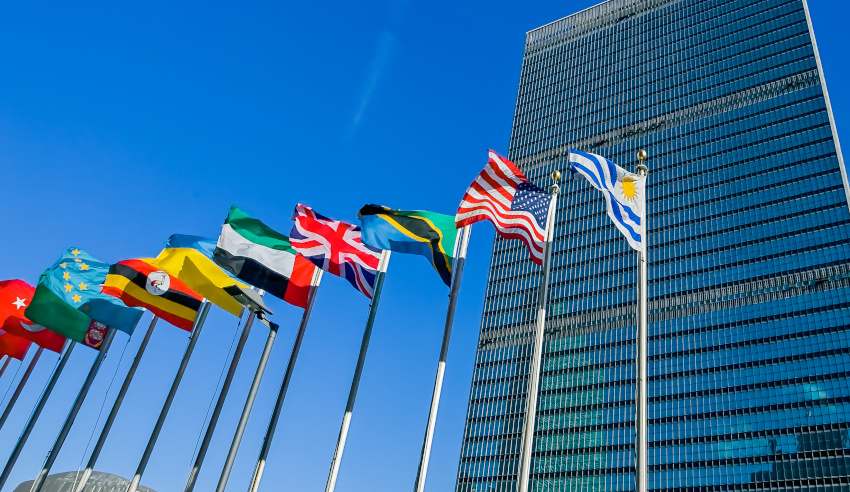On the 70th anniversary of Australia’s leading role in drafting the Universal Declaration of Human Rights, the Law Council of Australia is calling for a national human rights charter to be adopted.

Despite being an early advocate for the international adoption of human rights, Australia is now the only Western democracy without a national Human Rights Act or bill of rights, LCA president Morry Bailes has said.
Australia was one of eight states in the executive body whose delegates were responsible for drafting the UDHR in 1948, and some Australian stances from 70 years ago appeared relevant today, he posited.
“In 1948, Australia was emphatic about the importance of economic and social rights. It also supported the legitimacy of civil and political rights and advocated for governments’ role in ensuring such rights. At the time Australian delegates held concerns about rights that interfered with immigration policies and tried to limit the civil and political rights awarded to Indigenous people,” Mr Bailes explained.
“Delegates were also reluctant to limit freedom of speech where it collided with discrimination protections. All these three areas remain contentious within Australia’s modern human rights debate.”
“The Law Council has long campaigned to end the detention of asylum seekers and improve the abysmal justice and social outcomes for Aboriginal and Torres Strait Islander peoples.
“Australia also still lacks a comprehensive, consolidated anti-discrimination act at the federal level that would protect against all kinds of discrimination, including regarding religion, detention of asylum seekers and the ‘abysmal justice and social outcomes’ for Aboriginal and Torres Strait Islander peoples, he said.
“Our seat on the Human Rights Council [which Australia will hold for another two years] should be used as an opportunity to address outstanding issues that taint our human rights record,” Mr Bailes said.
“Our seat is an opportunity for our nation to follow through on the steps made seventy years ago. We should implement our international human rights obligations domestically through measures which should include, as a minimum, a national Human Rights Act.”
The LCA’s comments follow an address by Professor Hilary Charlesworth at the recent Australian Bar Association and NSW Bar Association National Conference, at which she said that despite “clunkiness in language”, and “lots of references to brotherhood”, the United Nations’ Declaration of Human Rights is a document that, on its 70th anniversary, remains remarkable.
“Today, I think if we gave that to the UN to attempt to draft, it would be huge. It would be hedged around. It would be qualified. It’s almost impossible to imagine that that would be adopted today. And if one just looks at some of the debates that occurred [about human rights] more recently, there’s huge resistance – including countries like Australia – to an instrument that set out international standards of human rights protection, rather than deferring to a state’s own interpretation of its citizens’ rights,” she said at the time.

Jerome Doraisamy is the managing editor of professional services (including Lawyers Weekly, HR Leader, Accountants Daily, and Accounting Times). He is also the author of The Wellness Doctrines book series, an admitted solicitor in New South Wales, and a board director of the Minds Count Foundation.
You can email Jerome at: